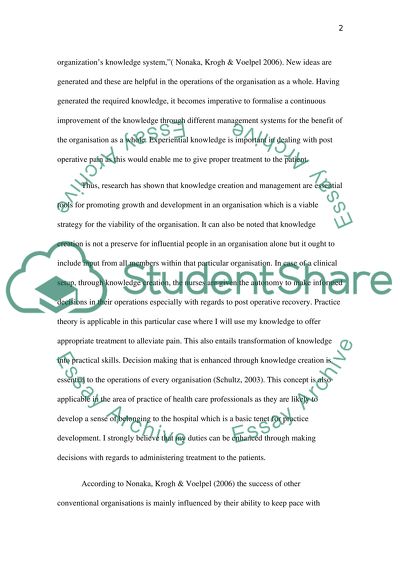Cite this document
(“Knowledge and Competence and Professional Practice Essay”, n.d.)
Retrieved from https://studentshare.org/nursing/1446346-knowledge-and-competence-and-professional-practice
Retrieved from https://studentshare.org/nursing/1446346-knowledge-and-competence-and-professional-practice
(Knowledge and Competence and Professional Practice Essay)
https://studentshare.org/nursing/1446346-knowledge-and-competence-and-professional-practice.
https://studentshare.org/nursing/1446346-knowledge-and-competence-and-professional-practice.
“Knowledge and Competence and Professional Practice Essay”, n.d. https://studentshare.org/nursing/1446346-knowledge-and-competence-and-professional-practice.


